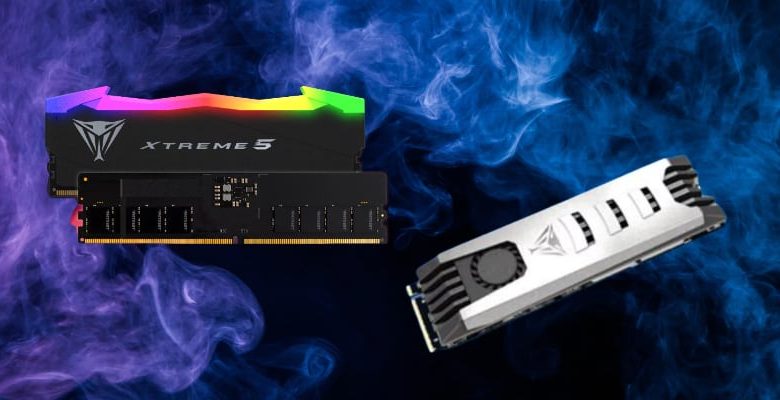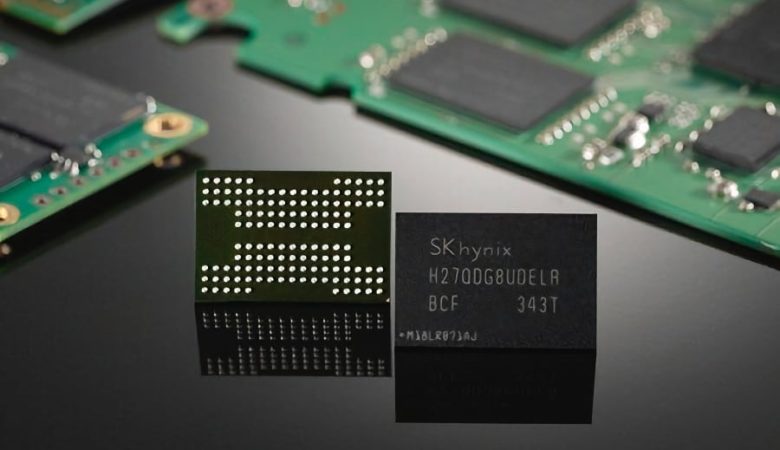Samsung’s PM1743 is a PCIe 5.0 SSD based on an unnamed controller and the company’s latest V-NAND. According to Samsung, it can provide up to 90% better performance compared to the previous generation (PM1743). It also features improved energy efficiency over the predecessor and a degree of security control.
Patriot Showcases Viper Gen5 SSD, Maxing at 12.4 GB/s
This May, memory, storage, and gaming peripherals manufacturer Patriot Memory will be present at Computex 2023 in Taipei, Taiwan. During the event, the manufacturer and its subsidiaries Viper Gaming and ACPI will showcase their upcoming flagship products to attendees. Products to be unveiled include high-end Viper Xtreme 5 DDR5 RAM,.
SSD FAQ
Solid-state drives (SSDs) have revolutionized the way we store and access data. As an alternative to traditional hard disk drives (HDDs), SSDs offer significant improvements in speed, durability, and power consumption. This FAQ will attempt to cover all of the most commonly asked questions about the advantages, limitations, and best.
Solid State Drive Benefits
Latency Traditional hard disk drive (HDD) storage exists on magnetic platters, where mechanical devices physically seek out the requested data. This mechanical blundering is the weakest link in the input/output (I/O) chain. In contrast, typical latency (the time between data requested and data received) for solid state drives (SSDs) can.
What is a Solid State Drive?
A Solid State Drive (SSD) is a type of data storage device that uses NAND-based flash memory to store and retrieve data. Unlike traditional Hard Disk Drives (HDDs), which rely on spinning disks and read/write heads, SSDs have no moving parts. This fundamental difference in design not only makes SSDs.
Crucial Launches New T700 NVMe SSD
Crucial’s new T700 SSD lineup will reach speeds of over 12,000 MB/s with the help of PCI Express 5.0. A few years ago, NVMe-based SSDs were new, transfer rates above 2,000 MB/s were more than enough to impress users. PCI Express 4.0 further upped the bar with faster models that.

